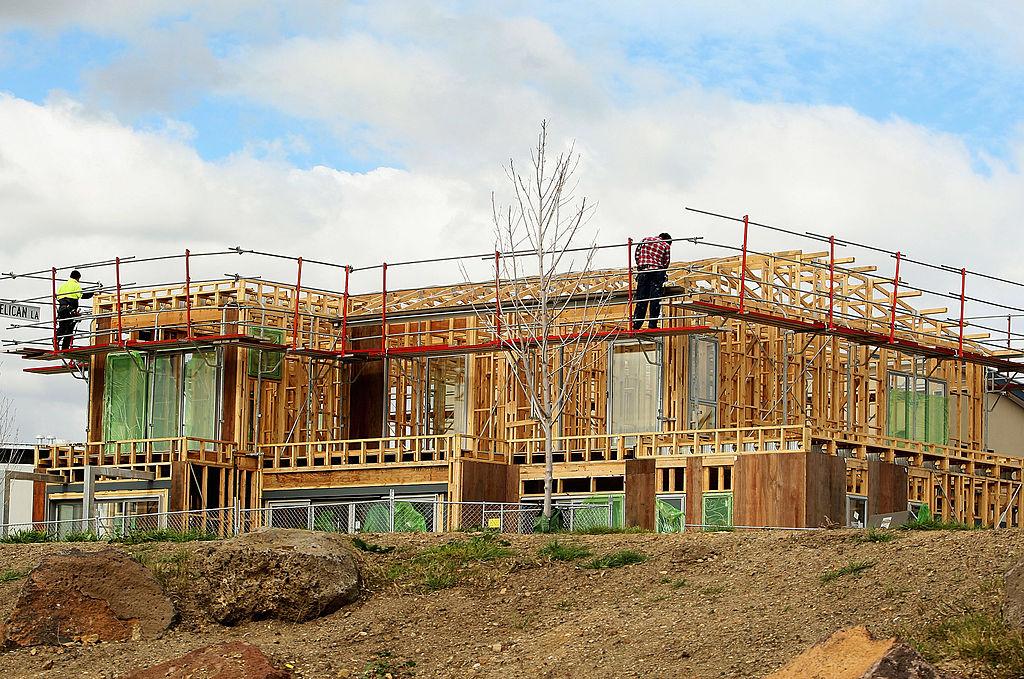The federal government is pleading for crossbench support for its social housing fund, arguing rising homelessness levels require urgent action.
Opposition is mounting to the $10 billion Housing Australia Future Fund, which risks defeat in the Senate unless its ambitions are ratcheted up in line with crossbencher demands.





